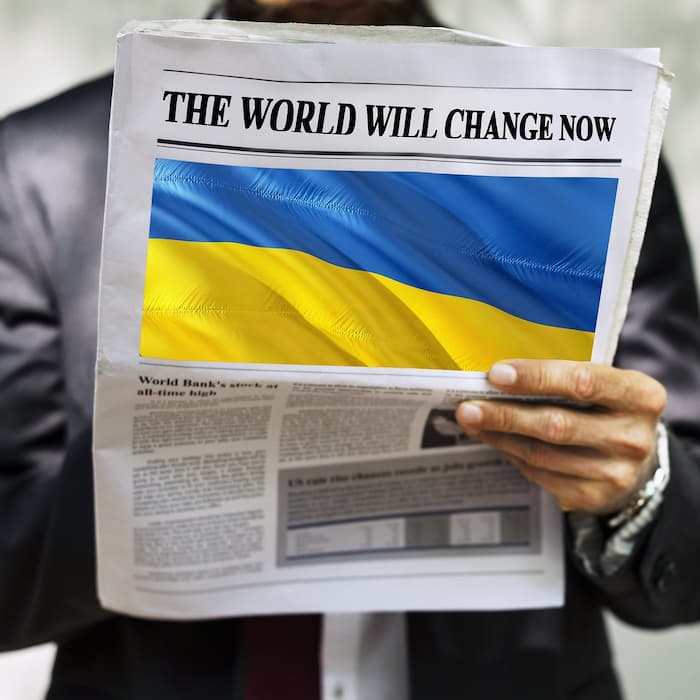Surveys
Survey Shows How Ukraine Conflict Hit Investors' Outlook

The survey, which was conducted in late February before and after Russia's invasion of Ukraine, demonstrates how markedly the episode changed views of global wealth managers on a host of topics.
Russia’s invasion of Ukraine has unsurprisingly dented the
optimism of discretionary wealth managers in Europe, Asia-Pacific
and North America, according to a new survey of 342
institutions.
A survey by Switzerland-listed wealth management house Vontobel shows that before
Russian forces invaded in late February, 72 per cent of
institutional investors were optimistic about gross domestic
product growth, inflation and bond yield premiums in European
emerging markets.
However, among responses received after the invasion, only 55 per
cent of institutional investors were optimistic.
Even so, emerging markets remain appealing for institutions.
Close to two-thirds of global institutional (65 per cent)
investors are optimistic about APAC emerging markets. Meanwhile,
more than half (64 per cent) of institutional investors report
that they plan to increase (somewhat or substantially) their
asset allocations to emerging markets fixed income over the next
24 months.
APAC investors are also more likely to hold 5 per cent or more of
their fixed income in emerging markets (53 per cent), compared
with just 49 per cent in the Americas and 36 per cent in
Europe.
The top three reasons that global institutional investors cite
for increasing their allocations included: diversification
benefit versus current holdings (56 per cent), highly liquid
market (48 per cent) and favourable environmental, social and
governance (ESG) prospects (47 per cent).
When investing in emerging markets fixed income, respondents said
they were mainly worried about default rates and debt load (51
per cent). Among Asia-Pacific investors, this concern is more
pronounced (65 per cent).
Other challenges for global investors include liquidity (48 per
cent), volatility (45 per cent) and concern about corporate
governance, data quality, transparency, and reporting standards
(38 per cent).
In total, 47 per cent of survey responses were received before
Russia’s invasion of Ukraine, and 53 per cent were received after
the invasion.